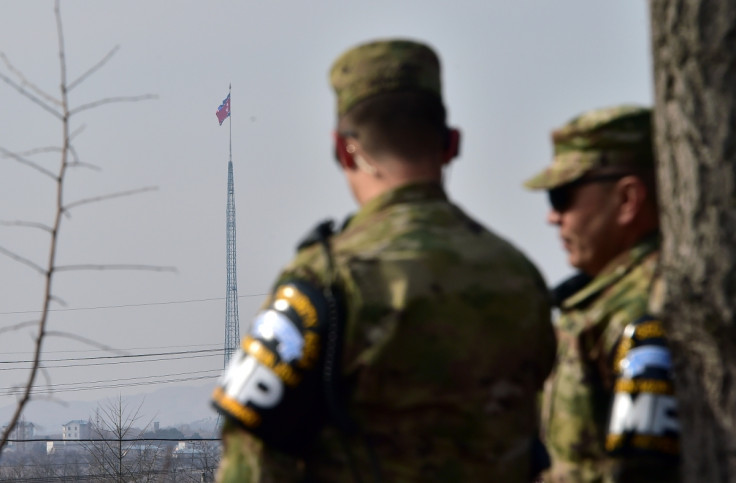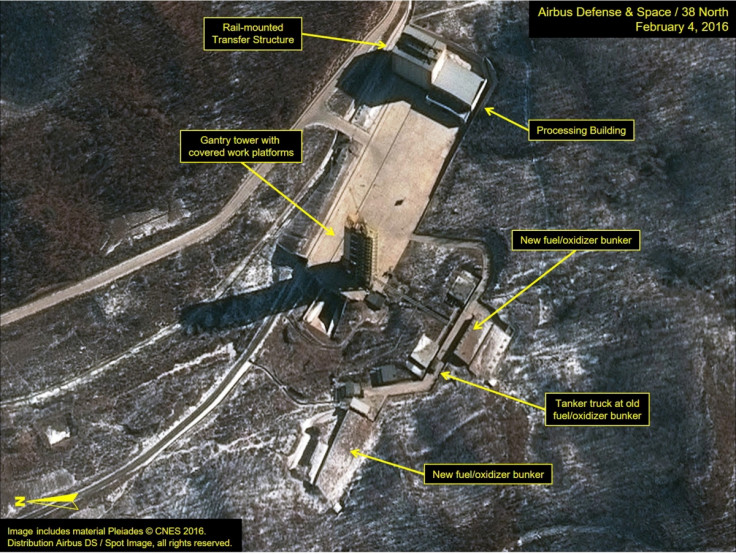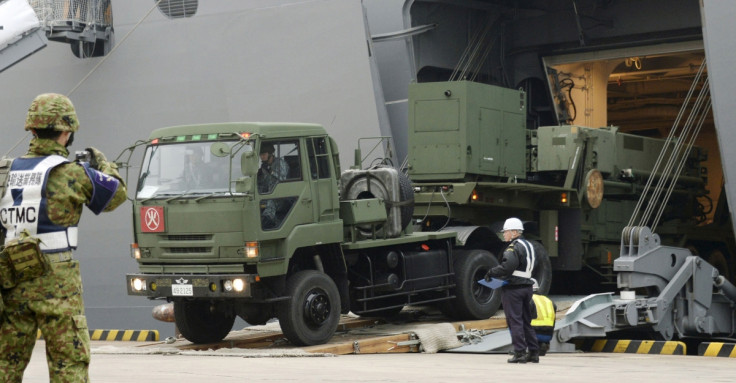Kim Jong-Un readies Super Bowl satellite launch despite pressure on North Korea

North Korea has said they are ready to press ahead and launch a so-called 'Earth observation satellite' as early as Sunday, 7 February, despite pressure from the west, China, Japan and South Korea. United condemnation has come from the international community amid fears that similar technology can be used for missile launches.
Pyongyang announced that the country will launch a rocket carrying the satellite sometime between 7-14 February, which is around the time of the birthday of the country's late leader Kim Jong-Il, the father of Kim Jong-Un. The new provocation is likely to aggravate sanctions that the UN are currently discussing against the nation after their widely condemned 6 January nuclear test.
Despite Kim's belief the pariah nation has a right to a space programme, the launch would constitute a violation of UN sanctions as the technology can also be used for ballistic missiles – perhaps targeted at long-time foe the US. On 5 February satellite images released by US researchers apparently showed activity, including the arrival of fuel tankers at North Korea's Sohae rocket site, leading to speculation a launch was imminent.

The movement at the site was said to be akin with a similar launch in 2012 according to Washington-based 38 North, a North Korea-monitoring project. It is not clear whether or not Pyongyang has informed the UN International Maritime Organisation of its plans to launch on the dates concerned.
DPRK officials have claimed that the launch is purely for the sake of scientific and technological development. But the US has strategically deployed missile defence systems that will work with the Japanese and South Korean militaries to monitor the rocket.

The strongest words in protest to the launch came from South Korea who warned the North will pay a "severe price" if they go ahead with the launch.
"North Korea's notice of the plan to launch a long-range missile, coming at a time when there is a discussion for Security Council sanctions on its fourth nuclear test, is a direct challenge to the international community," the Blue House said. "We strongly warn that the North will pay a severe price if it goes ahead with the long-range missile launch plan," according to the South China Morning Post.
Japan placed its military on alert on 3 February to shoot down any North Korean rocket that enters its territory. And, according to NHK, China's chief envoy on North Korean affairs, Wu Dawei, was in Pyongyang the next day where he met Minister of Foreign Affairs Ri Su Yong and First Vice Foreign Minister Kim Kye Gwan urging them to reconsider the launch.
Chinese president Xi Jinping told South Korea's president that China was dedicated to maintaining peace and stability, according to the Chinese foreign ministry. He said: "We hope all sides can act bearing in mind the broader picture of maintaining peace and stability on the peninsula, and calmly deal with the present situation."
US President Barack Obama is said to have telephoned Xi, North Korea's sole ally in the region, and agreed the test would represent a "provocative and destabilising action". The White House said: "The leaders emphasised the importance of a strong and united international response to North Korea's provocations, including through an impactful UN Security Council Resolution."
© Copyright IBTimes 2025. All rights reserved.






















